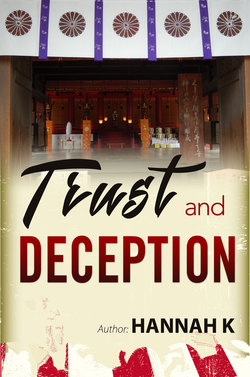Читать книгу Trust and Deception - Hannah K - Страница 20
На сайте Литреса книга снята с продажи.
All the People Were “Equal” under the Meiji Regime
ОглавлениеThe main purpose of “Imperial” Bureaucratic Regime actually began after Sino-Japan War. Generally, the Meiji Restoration is said to be the revival of Tenji’s Regime in the sense of the typical invention of tradition. This terminology was used by not only British researchers but also researchers all over the world; this terminology was proposed by Dr. Eric Hobsbrown, a British historian who applied anthropological methods to historical events.
Dr. Hobbsbrown pointed out by analyzing so-called traditional customs seen in current England that great parts of traditional events of Great Britain were newly invented during the Victorian Era. He named this kind of phenomena seen worldwide “the Invention of Tradition.” In this sense, a great part of the institutions and their interpretations after the Meiji Restoration could also be seen as a kind of “Invention of Tradition.”
At first, the Meiji Regime tried to apply the bureaucratic system of the Qing Empire (1644-1912), using the neo-Confucian ideology, in which emperors ruled bureaucrats directly chosen through the employment examination for civil servants. The system in Japan was copied from that of Qing Empire. Through this testing system, those related to by birth were exiled from the political world, and the bureaucrats who passed the qualification tests could be the government officials and had to swear loyalty to their Emperor. The adoption of the Qing System caused the blood-related clans to fall apart.
In Japan, the Emperor Meiji (1867-1912) became the First Emperor in modern history. The feudalistic lord system was abolished under the Meiji Regime. Along with the same system, the Meiji Government abolished Samurai status from the center of the political power system. Tokyo Imperial University (presently the University of Tokyo) was founded for the purpose of educating bureaucrats, which came to be a new social status for people. By becoming a bureaucrat, a person was given an opportunity to gain a new high status by belonging to government offices and directly serving for the Emperor.
